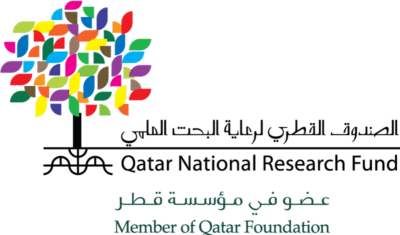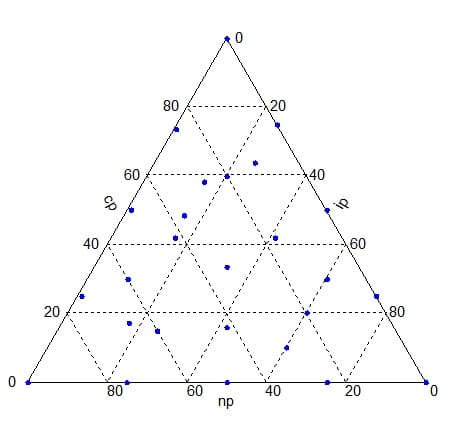UREP-11 Cycle
Funding Agency

Project No
UREP-11-151-2-052
Project Duration
Feb. 2012- Feb. 2013
Total funding
US$30,000; Prof. Nimir portion – US30,000
Project Title
Characterization of Synthetic Jet Fuel Blends Derived from Gas-to-Liquid Technology and Properties Correlation with Fuel’s Hydrocarbon Structure
Project Description
With the State of Qatar positioning to become the world leader in natural gas production and processing, it is vital to develop
This project aims to, through experimental and simulation work, develop relationships between the properties of SPK fuels and their compositions. The properties of interest are the ones that are crucial for fuel certification, which are the density, flash point, freezing point, heat content and viscosity. Using base components, a multitude of blends will be formulated to provide as broad a spread of compositions as possible. For this project it is planned to use pure normal– iso– and cyclo– paraffins as the base components because they formulate a typical SPK for jet fuels production. Upon formulation of the blends, they will be tested for their properties following rigorous industrial standards for safety, reliability and accuracy. On completion of the testing regime the physical properties will be correlated against the composition and various statistical analysis work, such as using neural networks, will be carried out to determine relationships between the two. The statistical work will allow for a better understanding of how the properties are influenced by each base compound. This will allow for the development of a suitable strategy for the upgrading of the properties of SPK fuel to match those of Jet A-1 more closely, ultimately allowing SPK to be used in the aviation industry.

Major Project Accomplishments
Students
- Mariam Al-Meer (Master from the Massachusetts Institute of Technology (MIT) and currently at Shell-Qatar)
- Maria Orillano (Currently Production Engineer at Total E&P Qatar)
- Abul hasanat
jahanur Rahman (researcher Texas A&M Qatar) - supported by
Dhabia Al-Mohannadi (Master from Texas A&M Qatar and currentlyPhD student at Texas A&M University)
Peer reviewed journal publications, Book chapters, Conference proceedings
1. Third International Gas Processing Symposium.
Topic: A Path to Formulate New Generations of Synthetic Jet Fuels Derived from Natural Gas via GTL.
Poster presented by student researchers (Maria Orillano;
2. Elbashir N.O., Raza B., Elmalik E.E., Ramadhan H., Al-Mohandi D., Al-Meer M. (2011) “Characterization of Synthetic Gas-to-Liquid Jet Fuel Blends and Properties Correlation with Hydrocarbon Groups” Proceedings of the Qatar Foundation Annual Research Forum, Vol. 2011, EGP20; pp. 164-165 (presented by Mr. Ramadhan).
- Elbashir N.O., Al-Meer M., Rahman A.H.M.J., Al-Mohannadi D., Ramadhan H., Elmalik E.E., Raza B. (2011) “Experimental Analysis of Novel Synthetic Fuel Blends with Statistical Analysis” Proceedings of the Qatar Foundation Annual Research Forum, Vol. 2011, EGPS3; pp. 184-185 (presented by Ms. Al-Meer).
Collaboration
Qatar Shell Research Center
Awards and Recognitions
1. The Energy & Fuels Division of the American Chemical Society (ACS) Recognition for the
2. The Scientific Visualization Competition First Place Award (US$6,000 Award sponsored by Qatar Foundation & Texas A&M Qatar University) (with my student Jahanur Abul Hasanat) (Doha, Qatar May 2012).
3. Shell’s Award (US$10,000 Travel Award for to present their the research results in the 2013th Spring Meeting of the American Chemical Society in San Diego, California (March 2012) for Mariam Al-Meer, Maria
4. The Best Research Team Award from the Chemical Engineering Department (April 2012). Mariam Al-Meer, Maria
5. The First Place Poster Award from the 3rd International Gas Processing Conference received (US $1,000 Award) Doha, Qatar (March 2012) Mariam Al-Meer, Maria



